Evidence Week 2020
The UK Geoenergy Observatories team took part in Evidence Week 2020 to talk to parliamentarians about the essential role of geoenergy in the energy mix to meet net zero.
14/12/2020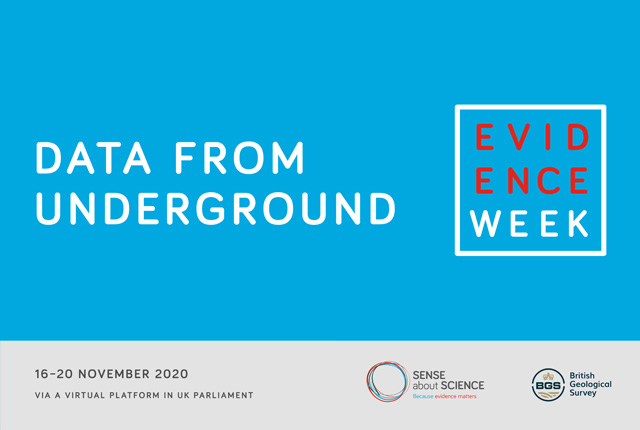
This year, perhaps more than ever, we have seen how important it is for robust scientific evidence to be available to decision-makers. Every day, Members of Parliament need to ask searching questions of new sources of data, as well as considering complex interactions between variables and trade-offs. Evidence Week, organised by the charity Sense about Science, provides an opportunity for researchers to speak directly with MPs, peers and parliamentary staff; to explore important issues and share evidence.
The UK Geoenergy Observatories, built and operated by BGS on behalf of UKRI/NERC are research facilities enabling the gathering of critical evidence on the feasibility and environmental impact of a range of net zero and low carbon technologies including shallow geothermal energy, heat storage, hydrogen storage, carbon capture and storage, and storage solutions for wind, solar and tidal energy. They produce publicly available data capable of providing independent evidence to better inform decisions relating to innovative energy technologies policy, regulatory practice and business operations in these areas.
The UK Geoenergy Observatories team took part in Evidence Week 2020 to talk to parliamentarians about the essential role of geoenergy in the energy mix to meet net zero, and to emphasise the need for continued geoenergy research to build the body of knowledge and understanding required to make geoenergy a success.


Data from underground: The UK is building two underground observatories. Their unique approach with accessible open data makes it possible to review options for zero and low carbon technologies. Source: Sense about Science
Evidence Week 2020, was held in November on a bespoke online platform, instead of being held in its usual location, the Upper Waiting Hall in the House of Commons. This gave us the unique opportunity to have one-on-one virtual meetings with MPs, Peers, and parliamentary staff. All of the people we spoke to had a keen interest in our work and recognised the importance of rapidly increasing our knowledge of the feasibility and impact of geoenergy technologies in order to be able to embed them in our energy infrastructure.
We discussed topics such as the ability of geothermal energy to counterbalance the intermittent availability of other renewable energy sources, the potential of mine water and aquifer geothermal in many of our industrial centres and the benefits the UK Geoenergy Observatories offer to industry. We also had the opportunity to discuss our shared interest in supporting young people to be involved in action towards a sustainable future. These conversations have led on to further conversations and action, which underlines a key principle of the UK Geoenergy Observatories – to be open and accessible and to inform future best practice.

Eilidh Henderson
Head of engagement
Relative topics
Related news
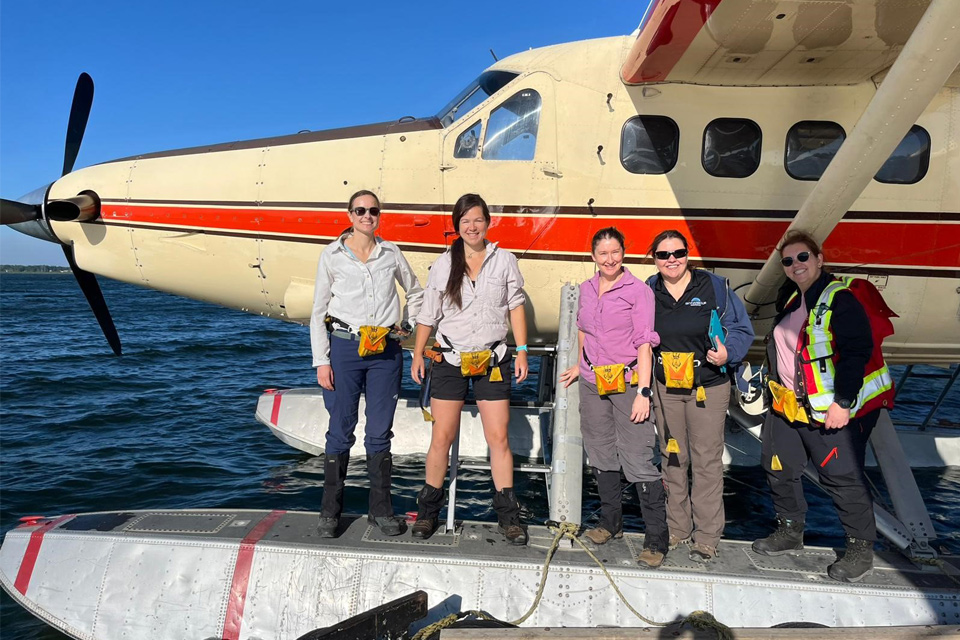
Funding awarded to UK/Canadian critical mineral research projects
08/07/2025
BGS is part of a groundbreaking science partnership aiming to improve critical minerals mining and supply chains.
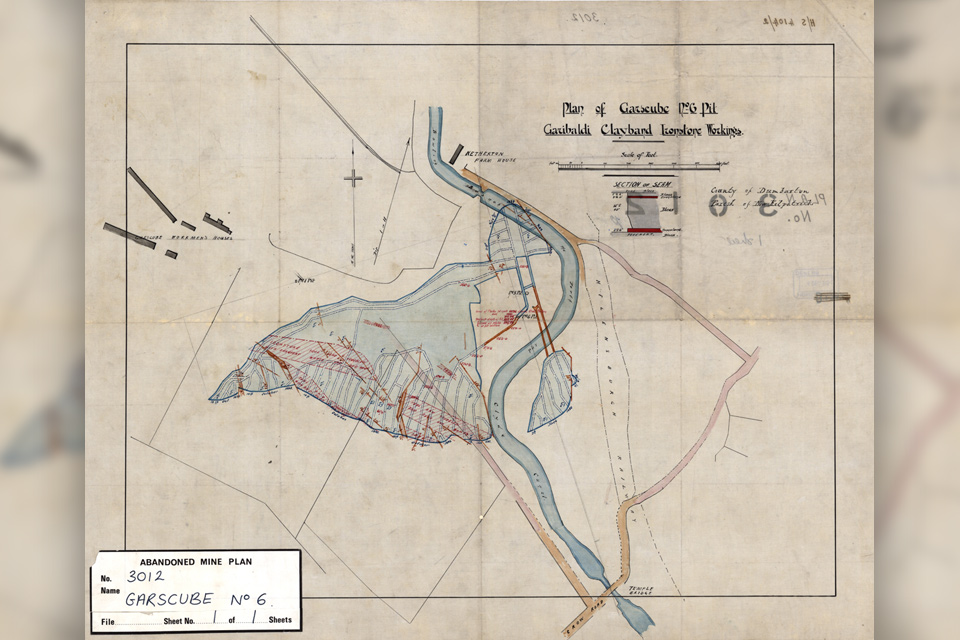
Release of over 500 Scottish abandoned-mine plans
24/06/2025
The historical plans cover non-coal mines that were abandoned pre-1980 and are available through BGS’s plans viewer.
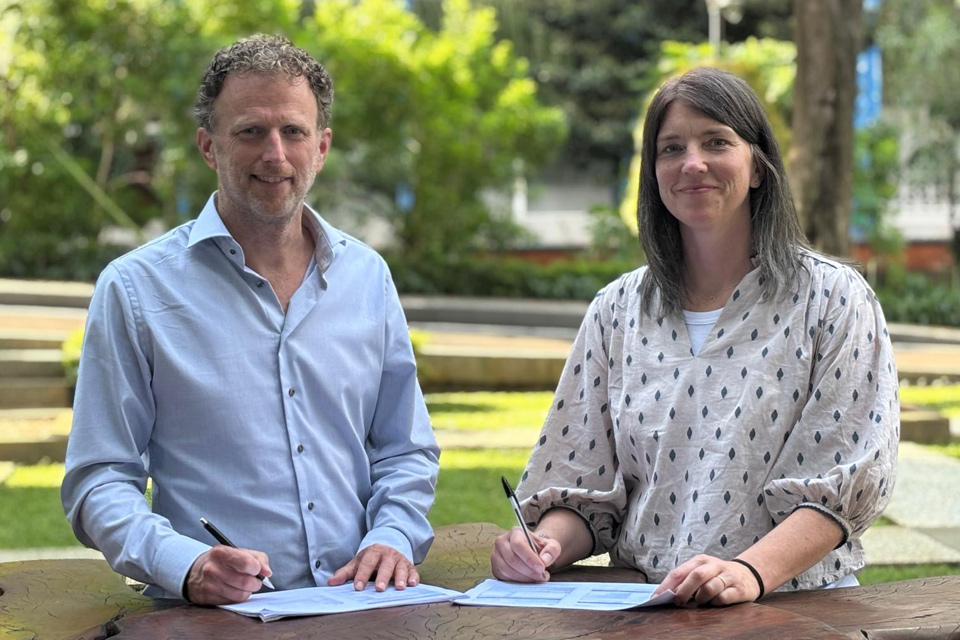
New collaboration aims to improve availability of real-time hazard impact data
19/06/2025
BGS has signed a memorandum of understanding with FloodTags to collaborate on the use of large language models to improve real-time monitoring of geological hazards and their impacts.
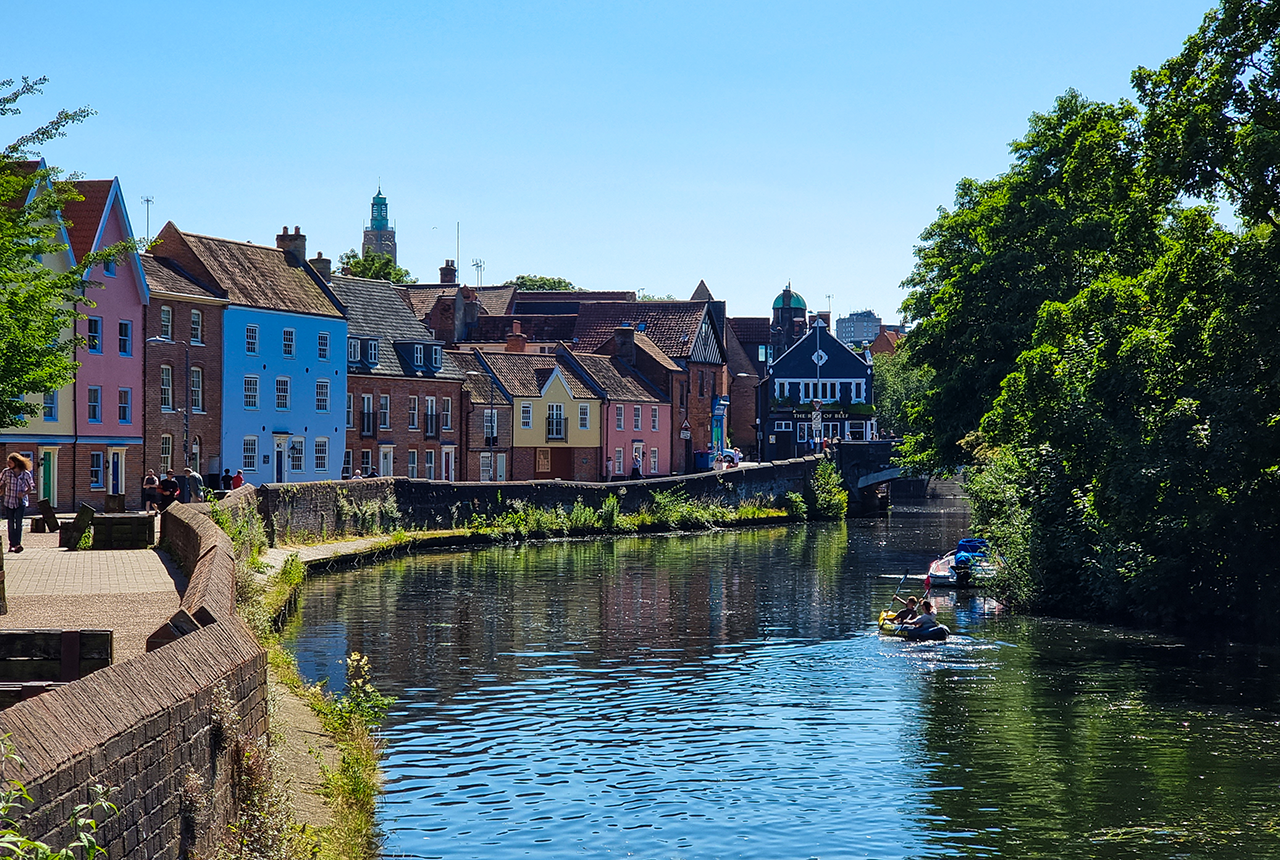
Modern pesticides found in UK rivers could pose risk to aquatic life
17/06/2025
New research shows that modern pesticides used in agriculture and veterinary medicines have been found for the first time in English rivers.

Goldilocks zones: ‘geological super regions’ set to drive annual £40 billion investment in jobs and economic growth
10/06/2025
Eight UK regions identified as ‘just right’ in terms of geological conditions to drive the country’s net zero energy ambitions.
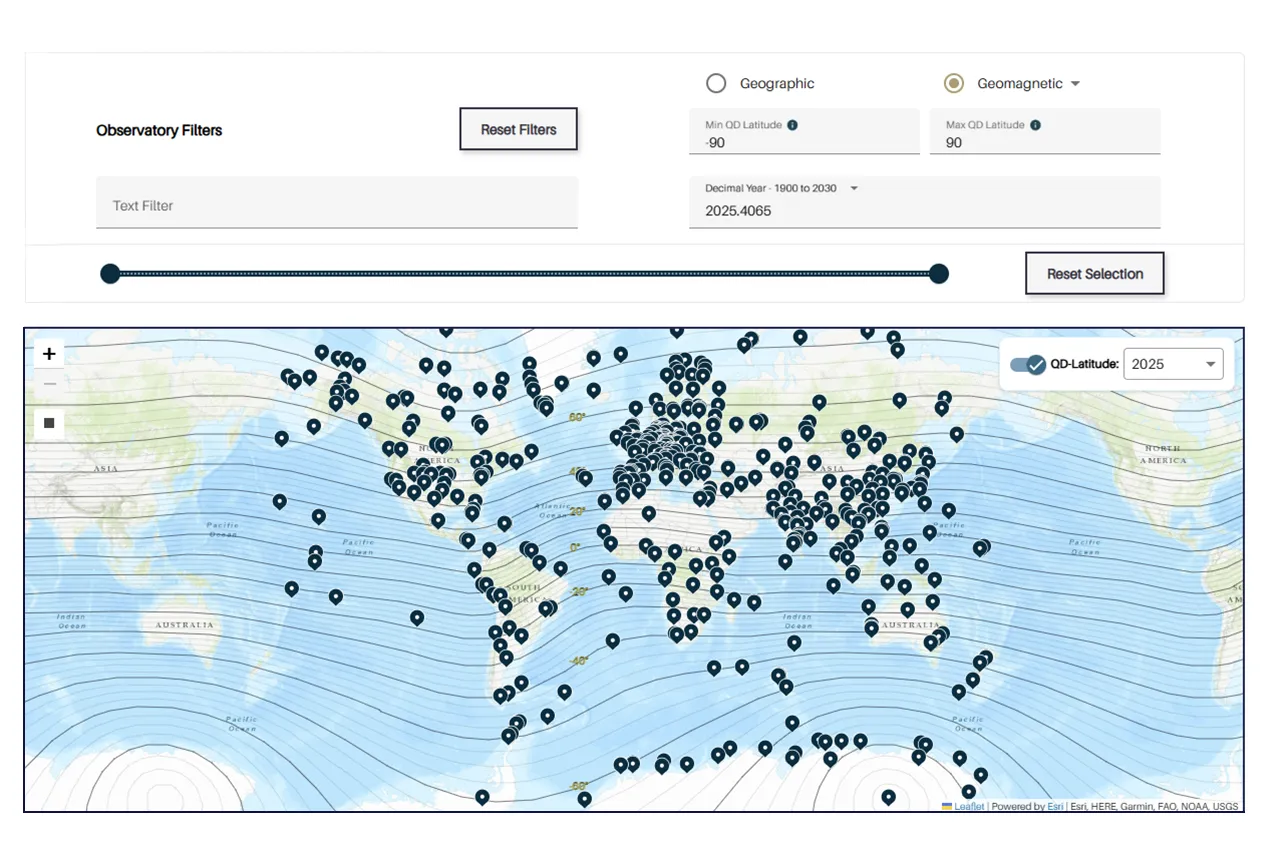
Upgraded web portal improves access to geomagnetism data
02/06/2025
BGS’s geomagnetism portal, which holds data for over 570 observatories across the world, has received a significant update.

BGS digital geology maps: we want your feedback
29/05/2025
BGS is asking for user feedback on its digital geological map datasets to improve data content and delivery.

What is the impact of drought on temperate soils?
22/05/2025
A new BGS review pulls together key information on the impact of drought on temperate soils and the further research needed to fully understand it.
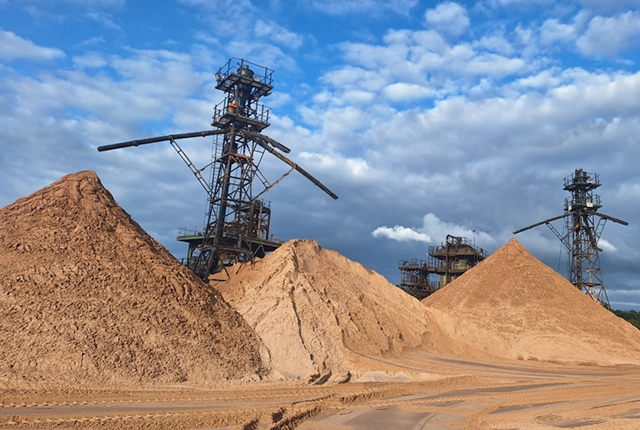
UK Minerals Yearbook 2024 released
21/05/2025
The annual publication provides essential information about the production, consumption and trade of UK minerals up to 2024.

BGS scientists join international expedition off the coast of New England
20/05/2025
Latest IODP research project investigates freshened water under the ocean floor.

New interactive map viewer reveals growing capacity and rare earth element content of UK wind farms
16/05/2025
BGS’s new tool highlights the development of wind energy installations over time, along with their magnet and rare earth content.
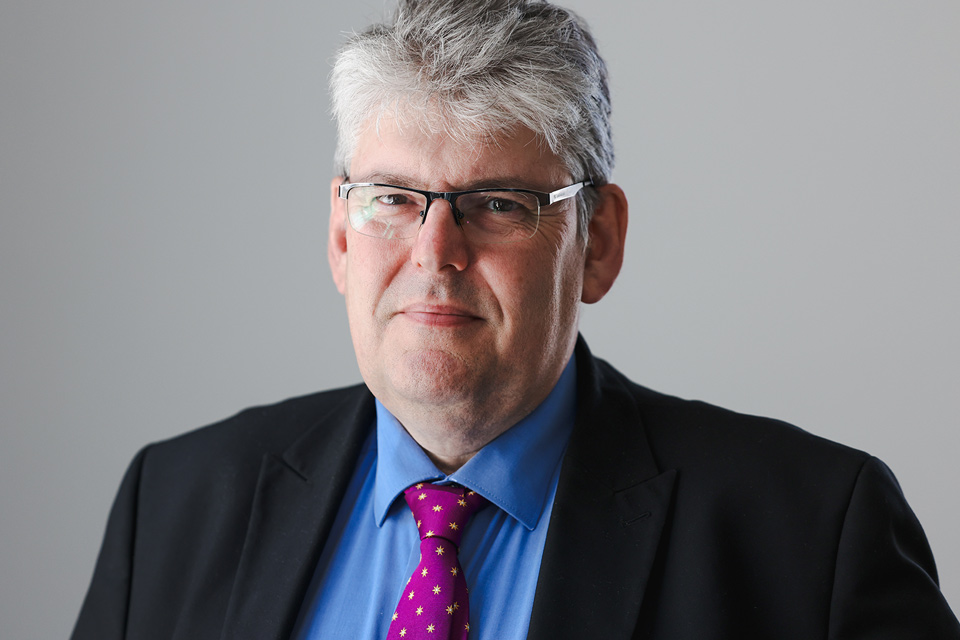
UKRI announce new Chair of the BGS Board
01/05/2025
Prof Paul Monks CB will step into the role later this year.


